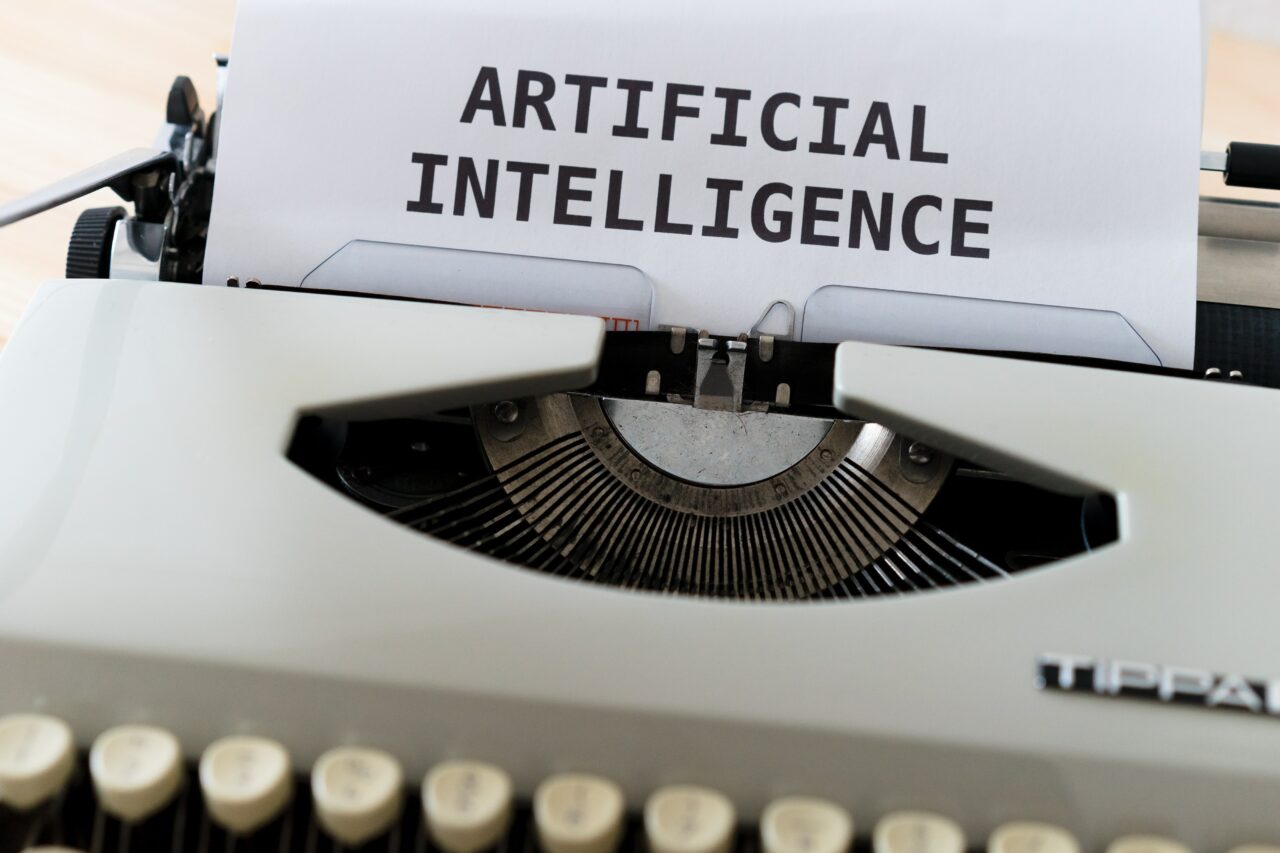Artificial intelligence (AI) is rapidly transforming various industries and aspects of our lives. From healthcare to finance, transportation, and education, AI is changing the way we work, learn, and interact with each other. As AI continues to evolve, its impact on society is expected to be profound.
In this blog, we will explore the future of AI and its potential impact on society.
Advances in AI Technology
AI technology is advancing rapidly, and we can expect to see many new developments in the coming years. One of the most exciting areas of AI research is deep learning, which involves training neural networks on massive data sets to enable machines to learn from experience. This approach has led to breakthroughs in areas such as computer vision, natural language processing, and speech recognition.
Another promising area of Artificial intelligence research is reinforcement learning, which involves training machines to learn from feedback by rewarding desirable behaviors and penalizing undesirable ones. This approach has led to breakthroughs in areas such as robotics and gaming, and it holds promise for many other applications, including self-driving cars and smart home systems.
Finally, AI is increasingly being combined with other technologies, such as blockchain and the Internet of Things (IoT), to create new opportunities for innovation and automation.
Impact on Society
The impact of AI on society is expected to be profound, and it will likely affect various aspects of our lives. Here are some of the ways in which AI is expected to impact society in the coming years:
Automation of Jobs
One of the most significant impacts of Artificial intelligence on society is likely to be the automation of jobs. As machines become increasingly intelligent and capable, they will be able to perform tasks that were previously done by humans. This could lead to job losses in many industries, particularly those that involve routine, repetitive tasks.
However, AI is also expected to create new job opportunities, particularly in areas such as data science, AI development, and robotics.
Healthcare
Artificial intelligence is already making significant contributions to healthcare, and this trend is expected to continue. AI is being used to analyze large data sets to identify patterns and make predictions, which can help doctors and researchers to develop new treatments and therapies.
AI is also being used to develop new medical devices and tools, such as smart sensors and wearable technology, which can help patients to monitor their health and manage chronic conditions.
Education
AI is expected to have a significant impact on education, particularly in the area of personalized learning. Artificial intelligence algorithms can be used to analyze student data and develop personalized learning plans based on individual needs and learning styles.
AI can also be used to develop intelligent tutoring systems that provide personalized feedback and support to students, helping them to achieve better learning outcomes.
Transportation
AI is expected to have a significant impact on transportation, particularly in the area of autonomous vehicles. Self-driving cars and trucks have the potential to reduce accidents, increase efficiency, and improve transportation access for people who are unable to drive.
However, the widespread adoption of autonomous vehicles is likely to have significant societal impacts, particularly on employment and urban planning.
Ethics and Regulation
As Artificial intelligence continues to evolve, it is essential to address the ethical and regulatory challenges that it poses. AI algorithms can be biased and discriminatory, and they can have significant impacts on privacy and security.
Regulators must work to develop ethical frameworks and guidelines that promote the responsible development and deployment of AI technologies. This could include standards for transparency, accountability, fairness, and privacy.
Conclusion
The future of AI is exciting, but it also poses significant challenges for society. As machines become increasingly intelligent and capable, they will transform various industries and aspects of our lives. However, we must work to address the ethical and regulatory challenges posed by AI to ensure that these technologies are developed and used in ways that benefit society as a whole.
By promoting transparency, accountability, and fairness in AI development and deployment, we can harness the power of Artificial intelligence to create a better, more equitable world for all. Additionally, we must work to address the societal impacts of AI, particularly in areas such as job displacement, healthcare, education, transportation, and ethics and regulation.
To ensure that AI is developed and deployed in a responsible and ethical manner, we need collaboration between policymakers, researchers, businesses, and society as a whole. Governments must play a crucial role in creating ethical frameworks and guidelines that promote the responsible development and deployment of Artificial intelligence. Businesses must be transparent about how they use AI and ensure that these technologies benefit society as a whole, not just their bottom line.
Finally, we as a society must have a conversation about the role of AI in our lives and the ethical implications of its use. We must consider the societal impacts of AI and work to ensure that these technologies are used in ways that benefit everyone, not just a select few.
In conclusion, the future of AI is both exciting and challenging. By promoting transparency, accountability, and fairness in AI development and deployment, we can harness the power of AI to create a better, more equitable world for all.



